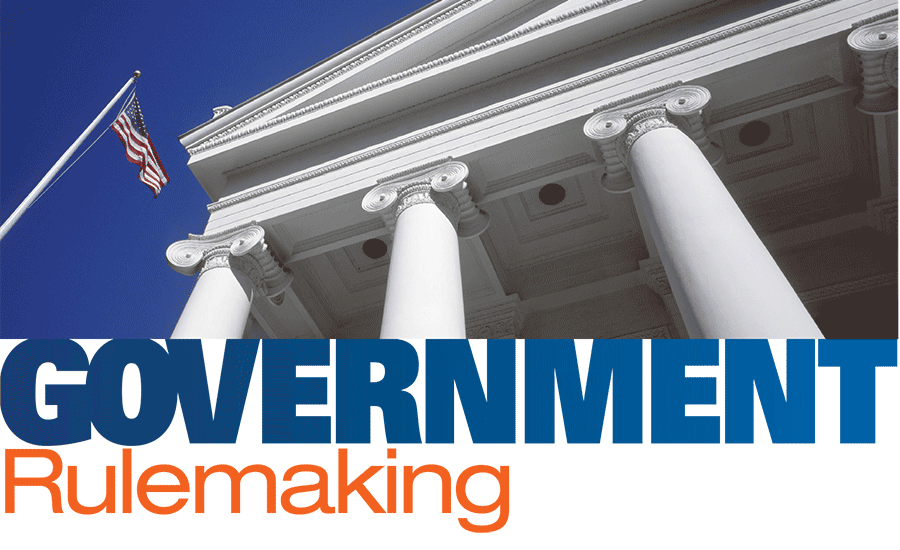OSHA’s rulemaking procedure under scrutiny
Teenage health care worker regulation change prompted calls for review

The U.S. Department of Labor is investigating whether the U.S. Department of Labor under the Trump administration is following proper procedures when making regulatory changes to worker safety regulations.
In a letter to Congressional Democrats, who’d requested an audit of the DOL’s rulemaking process, DOL Inspector General Scott S. Dahl said a review of the “integrity of the rulemaking process” at OSHA was already underway.
The request by Sen. Elizabeth Warren (D-Mass.), and Representatives Robert C. Scott (D-Va.), Mark Takano (D-Cal.) and Rosa DeLauro (D-Conn.) had specifically asked if the DOL had “deviated from agency regulatory and data quality requirements when it issued a Notice of Proposed Rulemaking to remove operation from power-driven patient lifts from the list of prohibited activities for 16- and 17-year-old workers.”
The proposal was criticized by the American Industrial Hygiene Association (AIHA), which said the DOL had failed to provide evidence showing that allowing teenagers to operate the devices would not unnecessarily endanger them. “It would be irresponsible to place young workers at greater risk in an industry with one of the highest rates of injuries based upon a handful of letters and tangential anecdotes,” said the AIHA in a statement.
Dahl told the lawmakers his office had already “identified the need for a broader review of the rulemaking process at DOL.”
Among the changes enacted to worker safety regulations under the Trump administration:
In the mining industry, safety inspections previously had to take place prior to the beginning of a shift. In 2018, the Mine Safety and Health Administration said it would allow inspections after a shift had already begun.
In the food industry, the USDA upended a 2014 rule that set line speeds for poultry processing plants with an announcement that it would start a new program to allow chicken plants to increase line speeds. According to the Bureau of Labor Statistics (BLS), poultry industry workers have a workplace injury and illness rate considerably higher than the average for private industry workers.
USDA has also proposed eliminating line speed requirements at hog processing plants.
In the oil industry, a requirement put in place after the 2010 Deepwater Horizon disaster that killed 11 workers is targeted for a rollback. The reason given in the Federal Register for allowing non-government-approved third parties to conduct crucial inspections of safety equipment: the rule creates “unnecessary burdens on stakeholders.”
And last week, OSHA issued a final rule that eliminated a requirement for companies with 250 or more employees to electronically submit injury and illness information from OSHA Form 300 (Log of Work-Related Injuries and Illnesses) and OSHA Form 301. The agency cited worker privacy as the reason for the change.
Related stories:
- Labor Department waters down injury reporting rule targeted by business
- OSHA eliminates key provision in recordkeeping rule
- AIHA: DOL gives no evidence for decision to change teen worker safety rule
Looking for a reprint of this article?
From high-res PDFs to custom plaques, order your copy today!







